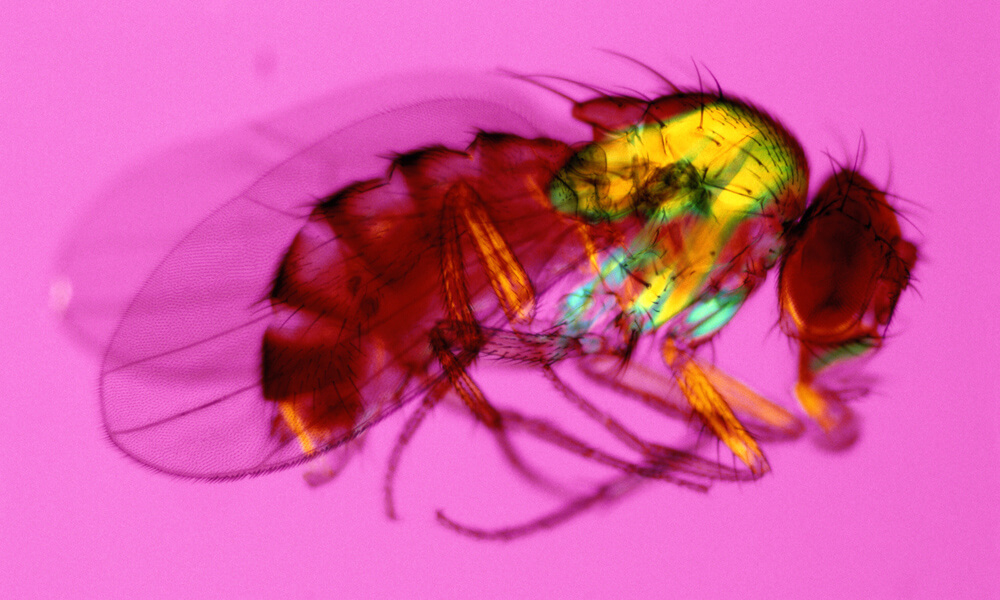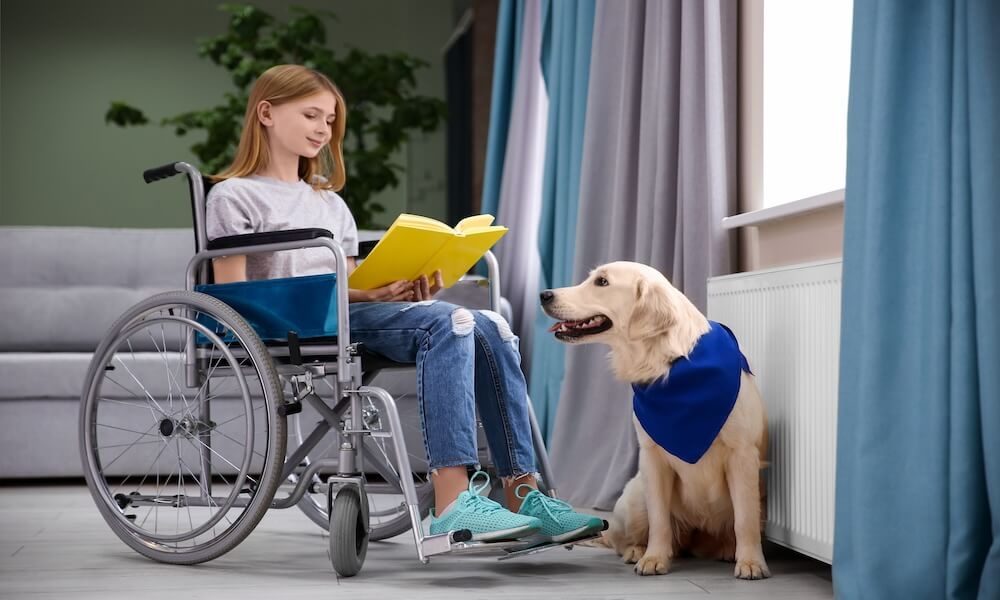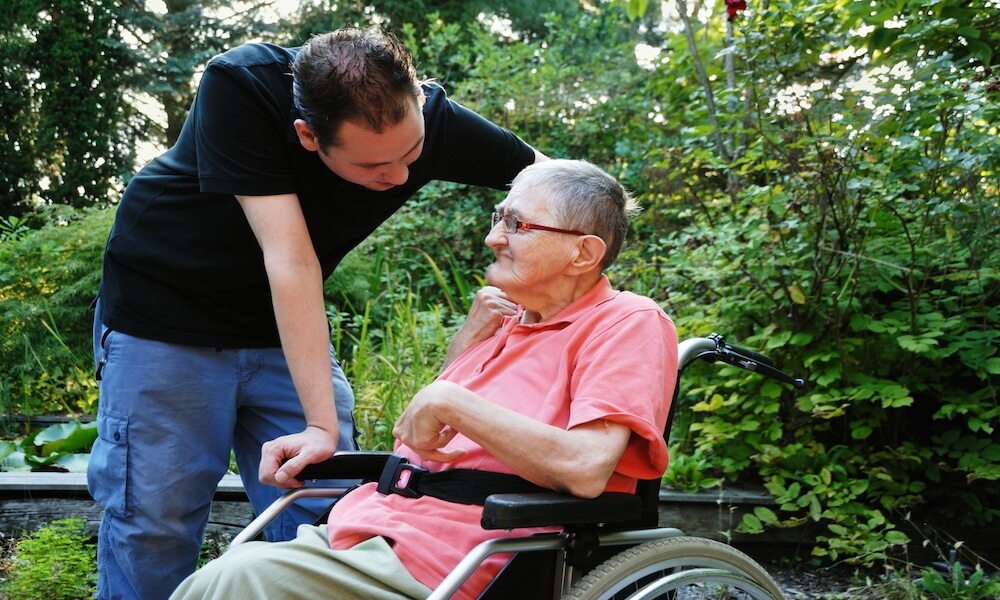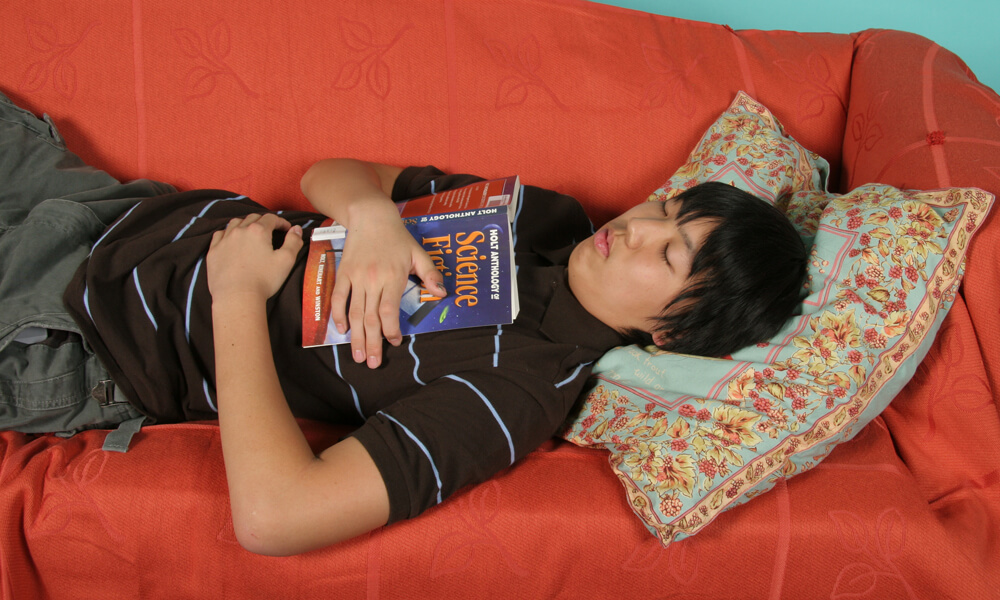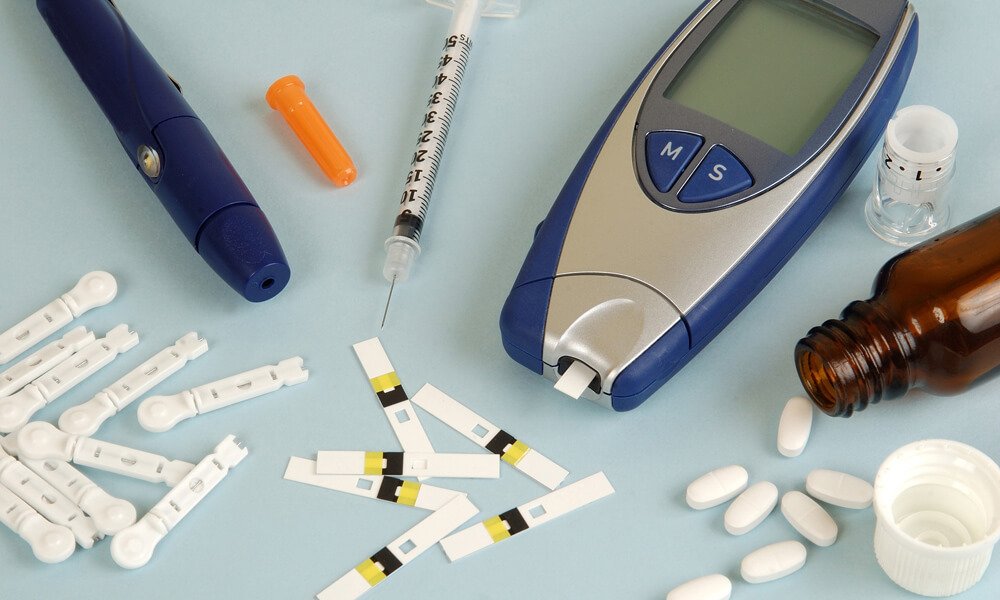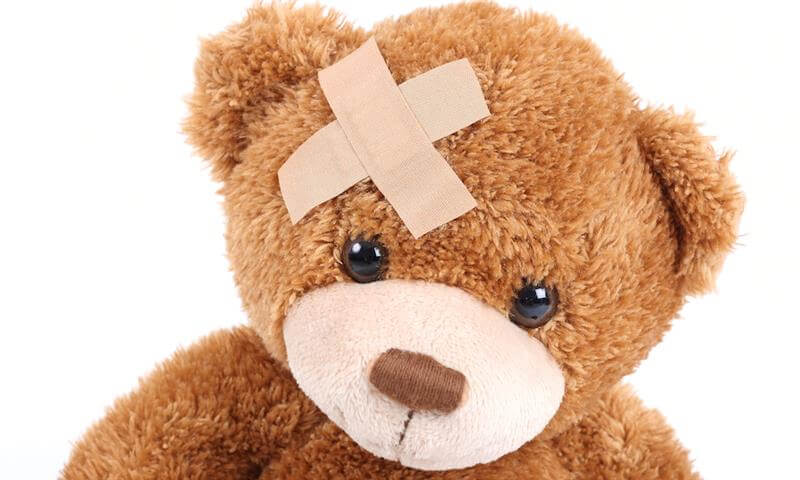From Small Steps to Big Wins: The Importance of Celebrating
Source: Psychology Today
“Recognizing our accomplishments fuels motivation, growth, and success.” Read this article to learn about the importance of celebrating achievements and how the very act of celebrating can lead to greater success in the future.





